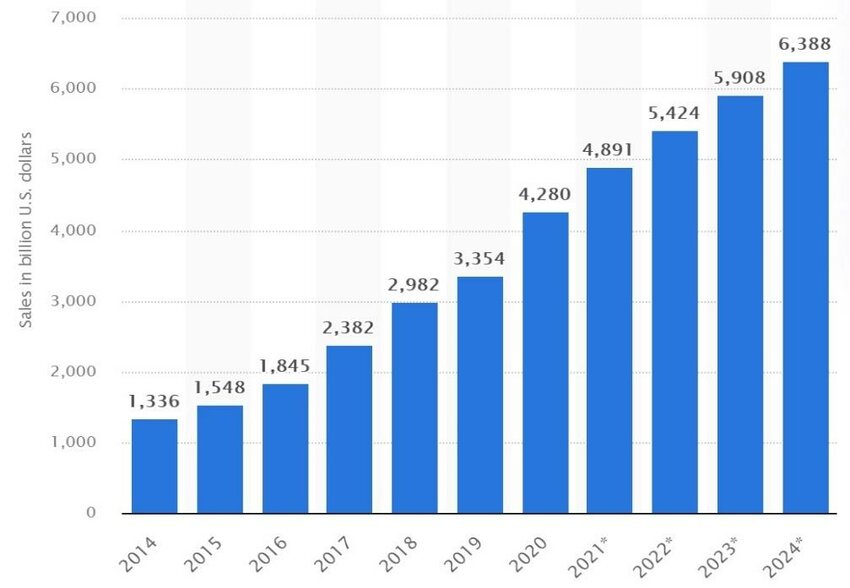
In 2024, global retail e-commerce sales reached an impressive $6.09 trillion, marking an 8.4% increase from the previous year. This surge underscores the growing preference for online shopping and highlights the necessity for businesses to establish a robust digital presence.
E-commerce platforms are essential tools that enable businesses to sell products and services online efficiently. They provide a centralized system for managing inventory, processing payments, and handling customer interactions. By leveraging these platforms, businesses can:
Expand Market Reach: Access a global customer base beyond geographical limitations.
Enhance Customer Experience: Offer personalized shopping experiences through tailored recommendations and user-friendly interfaces.
Increase Operational Efficiency: Streamline processes such as order fulfillment and customer support.
Gather Valuable Insights: Utilize analytics to understand customer behavior and optimize marketing strategies.
As consumer behavior continues to shift towards online shopping, having a well-established e-commerce platform is no longer optional—it’s a strategic imperative. Businesses that invest in e-commerce are better positioned to capitalize on the growing digital marketplace, ensuring sustained growth and competitiveness in an increasingly online world.


